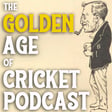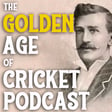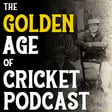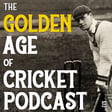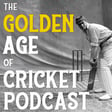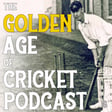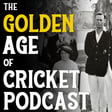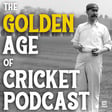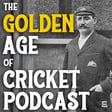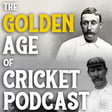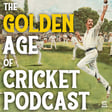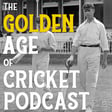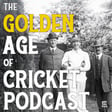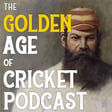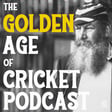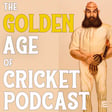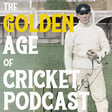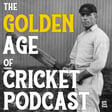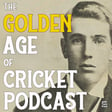
Sydney Barnes – Part 2 – with Andy Searle
In Part 2 of this chat with biographer Andy Searle, we discuss what Sydney Barnes did outside of cricket, his demolition of the Australians in the 1911-12 Ashes tour, his mind-boggling feats in South Africa in 1913-14, why he never played another Test after the First World War, and what his legacy is today.
DONATE: You can buy Tom Ford a coffee! Every donation helps with production and inspires Tom to keep the podcast going. You can donate from a little as $5. Visit: buymeacoffee.com/GoldenAgeOfCricket
ABOUT ANDY SEARLE:
Andy Searle is, arguably, the most prolific publisher of cricket books in the UK. A graduate in history from the University of Lancaster, he specializes in the Victorian and Edwardian era. A cricket tragic from the age of five, despite his family having little or no interest in the sport, he has spent the last 50 plus years as scorer, player, administrator, writer, journalist and reporter on his favourite pastime. As someone who became a victim of class distinction during his early playing career, Sydney Barnes became an early hero of his. For the last ten years he has lived in the Balkan mountains in Bulgaria - where he has helped to establish a cricket club - with his large family of dogs, cats, goats, chickens and pigs. An accomplished wicketkeeper/batsman, he still thinks that one day the England selectors will turn to him, despite being 63 years of age. In 1997, Andy published his book 'S.F. Barnes: His Life and Times'.
CREDITS:
Presenter & Producer: Tom Ford
All music used in podcast comes from the University of California Santa Barbara's remarkable collection of wax cylinder's from the late nineteenth and early twentieth centuries, which are free to download and use. You can donate to the upkeep of these recordings via their website.
